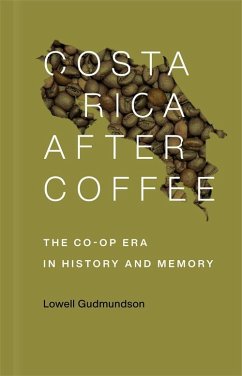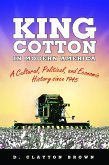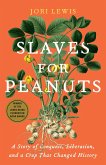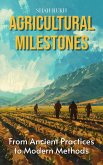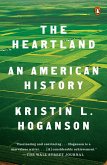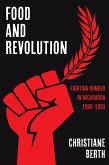Costa Rica After Coffee explores the political, social, and economic place occupied by the coffee industry in contemporary Costa Rican history. In this follow-up to the 1986 classic Costa Rica Before Coffee, Lowell Gudmundson delves deeply into archival sources, alongside the individual histories of key coffee-growing families, to explore the development of the co-op movement, the rise of the gourmet coffee market, and the societal transformations Costa Rica has undergone as a result of the coffee industry's powerful presence in the country.
While Costa Rican coffee farmers and co-ops experienced a golden age in the 1970s and 1980s, the emergence and expansion of a gourmet coffee market in the 1990s drastically reduced harvest volumes. Meanwhile, urbanization and improved education among the Costa Rican population threatened the continuance of family coffee farms, because of the lack of both farmland and a successor generation of farmers. As the last few decades have seen a rise in tourism and other industries within the country, agricultural exports like coffee have ceased to occupy the same crucial space in the Costa Rican economy. Gudmundson argues that the fulfillment of promises of reform from the co-op era had the paradoxical effect of challenging the endurance of the coffee industry.
While Costa Rican coffee farmers and co-ops experienced a golden age in the 1970s and 1980s, the emergence and expansion of a gourmet coffee market in the 1990s drastically reduced harvest volumes. Meanwhile, urbanization and improved education among the Costa Rican population threatened the continuance of family coffee farms, because of the lack of both farmland and a successor generation of farmers. As the last few decades have seen a rise in tourism and other industries within the country, agricultural exports like coffee have ceased to occupy the same crucial space in the Costa Rican economy. Gudmundson argues that the fulfillment of promises of reform from the co-op era had the paradoxical effect of challenging the endurance of the coffee industry.
Dieser Download kann aus rechtlichen Gründen nur mit Rechnungsadresse in A, D ausgeliefert werden.

